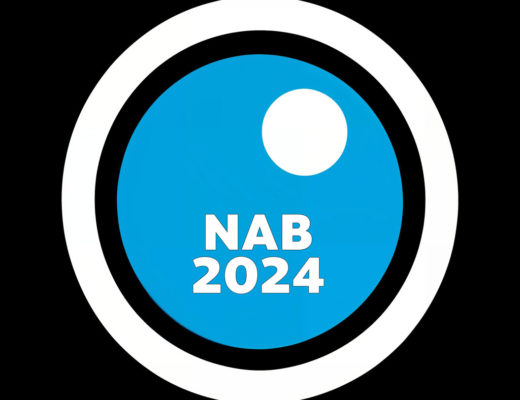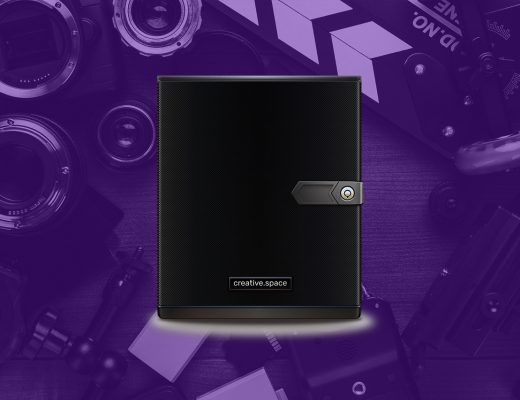‘Bookless’ library at Stanford’s School of Engineering looks to the future.
The move to the new Jen-Hsun Huang Engineering Center was an opportunity to do more than just haul books from one building to another – “It’s going to be gorgeous,” says the head librarian.
BY CYNTHIA HAVEN
Only a short while ago, Stanford’s Engineering Library had 80,000 books on its shelves. Now they will have a fraction of that: About one-eighth of the books will remain.
No, it isn’t the aftermath of a flash fire or an academic yard sale. It’s a window to the future: the planned progression from the written word on bound sheets of paper to the electronic byte. The changes mark the forefront of a movement toward the “bookless library.”
An “electronic library” might be more exact.
TheEngineering Library‘s move from the Terman Engineering Center to the new Jen-Hsun Huang Engineering Center was an opportunity to do more than just haul books from one building to another – and the librarians jumped at the chance to create a state-of-the-art library.
“It’s going to be gorgeous,” said Helen Josephine, head librarian for the Engineering Library. “There’s a lot of new technology going into this.
“We’ve been working on this for the last three years – we’re anxious to get in and get going. I’m really excited about it. I can’t wait to show it off to the students,” she said. She’ll get that chance when the library opens on Aug. 2, with a campus-wide invitation to tour the new engineering center and library on Sept. 8.
The new library at the Huang Center will be less than half the size of its predecessor at Terman – about 6,000 square feet compared with the earlier 16,000 (and that’s not counting footage from the physics and computer science libraries that have merged into the new library as well).
The revamped library will have a completely electronic reference desk with four Kindle 2 wireless reading devices. It will be the first on campus to have a self-checkout and book security system; by this fall, it also will have 15 ebook readers that library patrons may take home like regular books. Librarians will not be staffing a desk to help students and faculty, said Josephine, “but we’ll be more available when they need us.” Available, that is, through email, online chatting and Facebook.
An online journal search tool called xSearch will scan 28 online databases, a grant directory and more than 12,000 scientific journals.
Continues @http://news.stanford.edu/news/2010/july/enginbooks-072610.html

Filmtools
Filmmakers go-to destination for pre-production, production & post production equipment!
Shop Now













